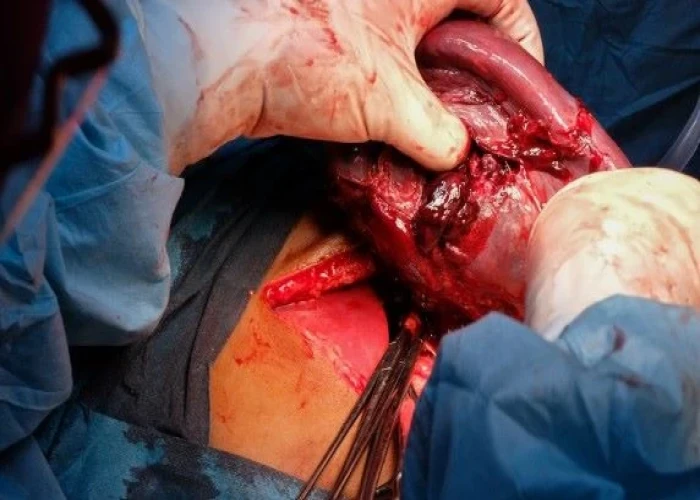 Welcome
Welcome
“May all be happy, may all be healed, may all be at peace and may no one ever suffer."
Ruptured spleen
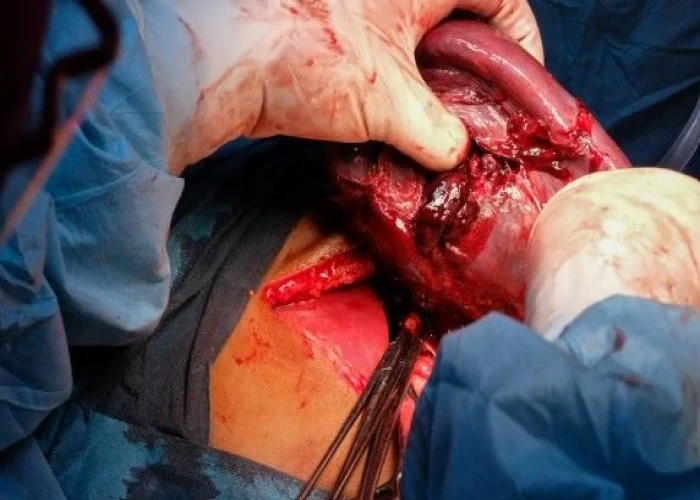
A ruptured spleen is a serious medical condition in which the spleen, a large organ located in the upper left side of the abdomen, tears or ruptures. It can occur as a result of trauma to the abdomen, such as a car accident or a blow to the abdomen during contact sports.
Symptoms of a ruptured spleen may include abdominal pain or tenderness, nausea and vomiting, dizziness or lightheadedness, fast heart rate, and low blood pressure. In severe cases, there may be signs of shock, such as confusion, rapid breathing, and pale, clammy skin.
Treatment for a ruptured spleen may depend on the severity of the injury, but can include blood transfusions to replace lost blood, surgery to repair or remove the spleen, and supportive care to manage symptoms and prevent complications.
Complications of a ruptured spleen can be life-threatening and may include bleeding, infection, and shock. It is important to seek immediate medical attention if there is suspicion of a ruptured spleen, as prompt treatment can improve outcomes.
Prevention of a ruptured spleen involves taking precautions to avoid trauma to the abdomen, such as wearing a seatbelt while driving, avoiding contact sports or wearing protective gear, and seeking medical attention for any abdominal injuries or symptoms.
Research Papers
Disease Signs and Symptoms
- Abdomen pain
- Upper abdomen pain
- Shoulder pain
- Dizziness, lightheadedness or faintness
Disease Causes
Ruptured spleen
A spleen can rupture due to:
- Injury to the left side of the body. A ruptured spleen is typically caused by a blow to the left upper abdomen or the left lower chest, such as might happen during sporting accidents, fistfights and car crashes. An injured spleen can rupture soon after the abdominal trauma or, in some cases, days or weeks after the injury.
- An enlarged spleen. Your spleen can become enlarged when blood cells accumulate in the spleen. An enlarged spleen can be caused by various underlying problems, such as mononucleosis and other infections, liver disease, and blood cancers.
Disease Prevents
Ruptured spleen
If you've been diagnosed with an enlarged spleen, ask your doctor whether you need to avoid activities for several weeks that could cause it to rupture. These might include contact sports, heavy lifting and other activities that increase the risk of abdominal trauma.
Disease Treatments
Treatment for a ruptured spleen will depend on the severity of your condition. Some people require immediate surgery. Others heal with rest and time.
Many small or moderate-sized injuries to the spleen can heal without surgery. You're likely to stay in the hospital while doctors observe your condition and provide nonsurgical care, such as blood transfusions, if necessary.
You might have periodic follow-up CT scans to check whether your spleen has healed or to determine whether you need surgery.
Surgical and other procedures
Surgery for a ruptured spleen can include:
- Repairing the spleen. Your surgeon might be able to use stitches or other techniques to repair the rupture.
- Removing the spleen (splenectomy). If it's necessary to remove your spleen, you'll be at increased risk of serious infections, such as sepsis. The risk of sepsis is highest in young children, especially the first two years after the spleen has been removed.
- Your doctor might recommend ways to reduce the risk of infection, such as vaccinations against bacteria, including meningococcus, pneumonia and Haemophilus influenzae b. You may also be prescribed an oral antibiotic to prevent infections.
- Removing part of the spleen. It might be possible to remove only part of your spleen, depending on the rupture. Partial splenectomy reduces the risk of infection that results from removing the entire spleen.
Spleen surgery is generally safe, but any surgery has risks, such as bleeding, blood clots, infection and pneumonia.
Disease Diagnoses
Disease Allopathic Generics
Disease Ayurvedic Generics
Disease Homeopathic Generics
Disease yoga
Ruptured spleen and Learn More about Diseases
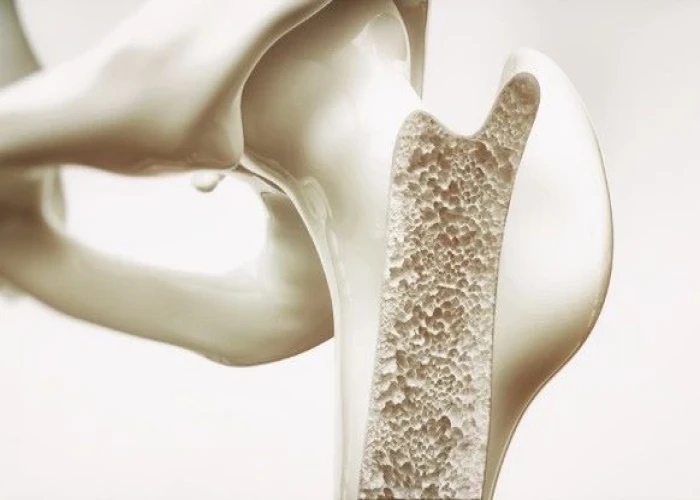
Osteoporosis

Nickel allergy
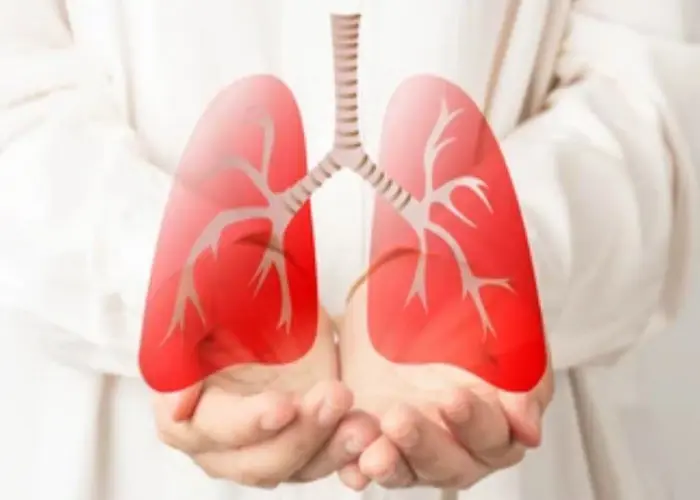
COPD
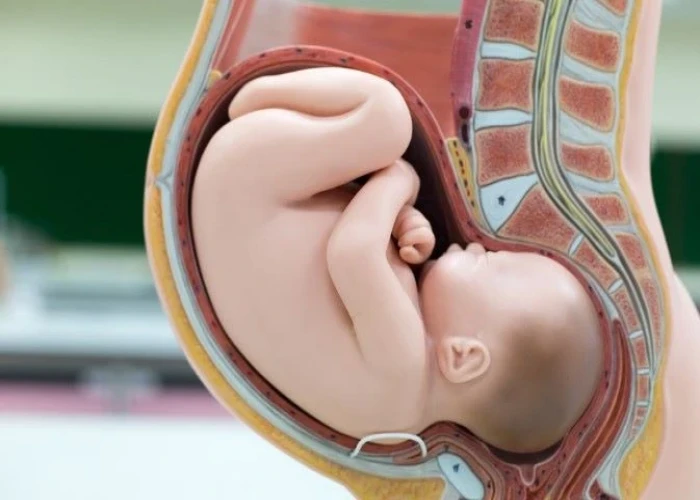
Polyhydramnios

Childhood apraxia of speech

Male hypogonadism
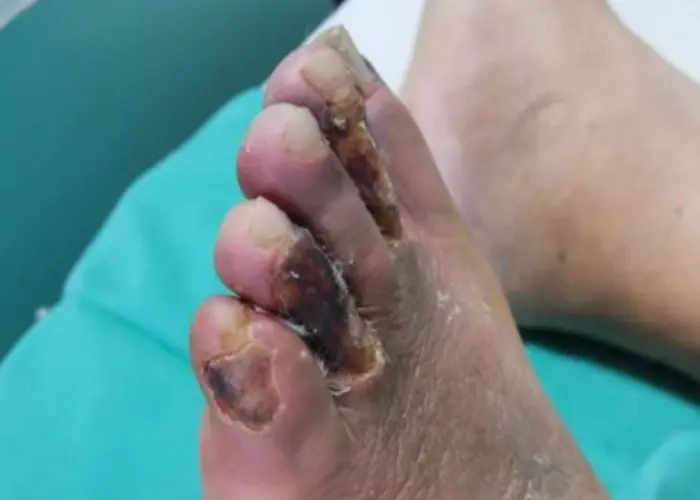
Claudication

Zika virus
ruptured spleen, রাপটার্ড প্লীহা
To be happy, beautiful, healthy, wealthy, hale and long-lived stay with DM3S.
